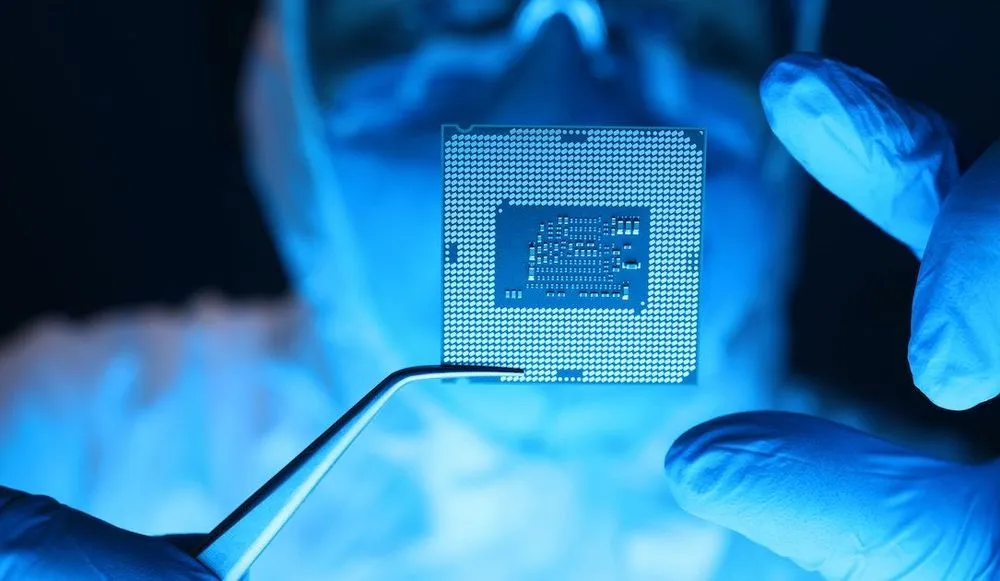National security ‘guardrails’ issued for US semiconductor funding
The U.S. Commerce Department on Friday released national security “guardrails” for businesses that seek federal funding under bipartisan legislation intended to boost domestic semiconductor manufacturing.
One regulation prohibits companies helped by last year’s CHIPS and Science Act from “expanding material semiconductor manufacturing capacity in foreign countries of concern,” such as China and Russia, for 10 years, the Biden administration said.
Congress approved the CHIPS legislation to act as a counterweight to China’s interest in advanced computing technologies. The goal is to “prevent technology and innovation funded by the program from being misused” by foreign adversaries, according to the White House.
Another guardrail restricts recipients of CHIPS funding from “engaging in certain joint research or technology licensing efforts with a foreign entity of concern that relates to a technology or product that raises national security concerns,” the administration said.
Overall, the law authorized nearly $53 billion in investments in U.S. semiconductor manufacturing, research and development.
"One of the Biden-Harris Administration's top priorities — made possible by the CHIPS and Science Act — is to expand the technological leadership of the U.S. and our allies and partners. These guardrails will protect our national security and help the United States stay ahead for decades to come," Secretary of Commerce Gina Raimondo said in a statement.
The new statute classifies semiconductors as "critical" to national security.
"While the statute allows companies to expand production of legacy chips in foreign countries of concern in limited circumstances, today's rule classifies a list of semiconductors as critical to national security, thereby subjecting them to tighter restrictions.”
Entities that violate the rule could have their federal dollars revoked, the department warned.
Martin Matishak
is the senior cybersecurity reporter for The Record. Prior to joining Recorded Future News in 2021, he spent more than five years at Politico, where he covered digital and national security developments across Capitol Hill, the Pentagon and the U.S. intelligence community. He previously was a reporter at The Hill, National Journal Group and Inside Washington Publishers.



